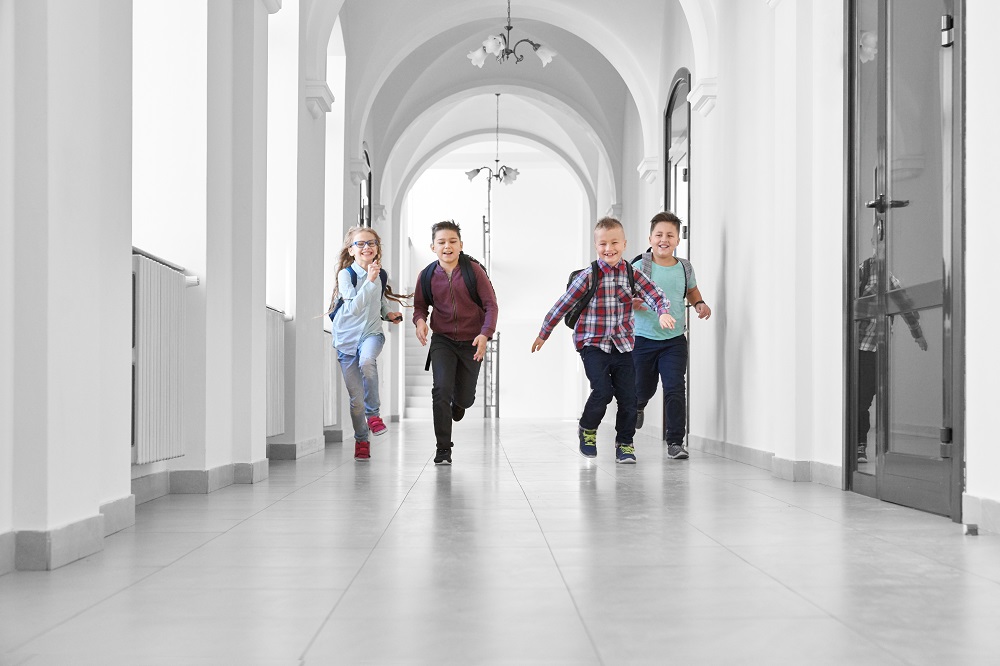One should understand that kindergarten will be a sleek, bright introduction to actual school for your youngster following it introduces the spotlight for the surplus of his education. While no program is comprehensive, some are more beneficial than others. Find out what places them unique and how you can get the most significant possible spring for your kid — no matter what your options are.
How will kindergarten help your child?
Kindergarten school helps your children in the form of fun and easy games that you can play with your child to understand the different kindergarten activities. These activities include naming the food, colouring pages, colours, and objects quizzes, writing activities, shape identification games, musical chairs, and many others. These kindergarten activities are very effective in teaching your child how to use various skills present in kindergarten. You should make sure that you are giving your child the best kindergarten help that they can get so that your child will be able to learn and grow without having any problems.
Letters and Sounds in Kindergarten
Generally, children use words they’ve learned from conversations with others or by being read to before kindergarten. The kid’s speech or sound will grow more understandable and structured during the academic year. As the school year moves on, children should be capable of understanding basic sentence punctuation and structure. Throughout kindergarten, kids also study to practice and apply question words including “why,” “who,” “how,” “when,” “what,” and “where,” and also start using plural words by adding “es” or “s”. They further study how to utilize simple nouns, verbs and prepositions.
Fun with Math
One way that new Kindergarten teachers can incorporate math into the classroom is by introducing it in a fun way. For instance, teaching numbers one through ten or objects such as blocks, cards, or circles with numbers on them can help kids get the hang of forming larger groups, sorting items, and identifying central items. Using games that require simple counting, memorizing sums, or solving for denominators also helps students develop and memorize multiplication tables and solve for prime numbers in addition to doing simple addition, subtraction, and division tasks. In addition to using fun games and approaches, new Kindergarten teachers should also teach a subject matter that is engaging and interesting to students. A mathematical lesson that is interesting and engaging to students keeps them excited and interested in math learning and can introduce some variety into teaching processes.
Social growth
Child social development in kindergarten is about much more than playing with other kids. While children of all ages are naturally sociable and interact well with their peers, pre-schoolers typically have fewer social interactions and more time to engage in solitary play on their own. This lack of socialization can result in a child who may feel lonely or disconnected from others and therefore experience negative emotional symptoms such as low self-esteem, poor concentration and increased anxiety. All these factors lead to an increase in the occurrence of negative behaviours like tantrums, temper tantrums and constantly.
Even if you did not have good social experiences growing up, it is never too late to help your child’s social development. Remember that childhood is a critical time in a child’s life, and the earlier in life that children learn to get along with each other and respect each other’s boundaries, the better chance they have of being healthy and well adjusted adult citizens.
Conclusion
The privilege of sending your child to a kindergarten school is significant for your kid future development and growth. Poll results reveal that kids exposed to kindergarten classes perform better cognitive skills, better understanding, higher IQ, advanced social interactions, and more profound love for knowledge. Children who have a good learning start are likely to be more innovative and successful.






